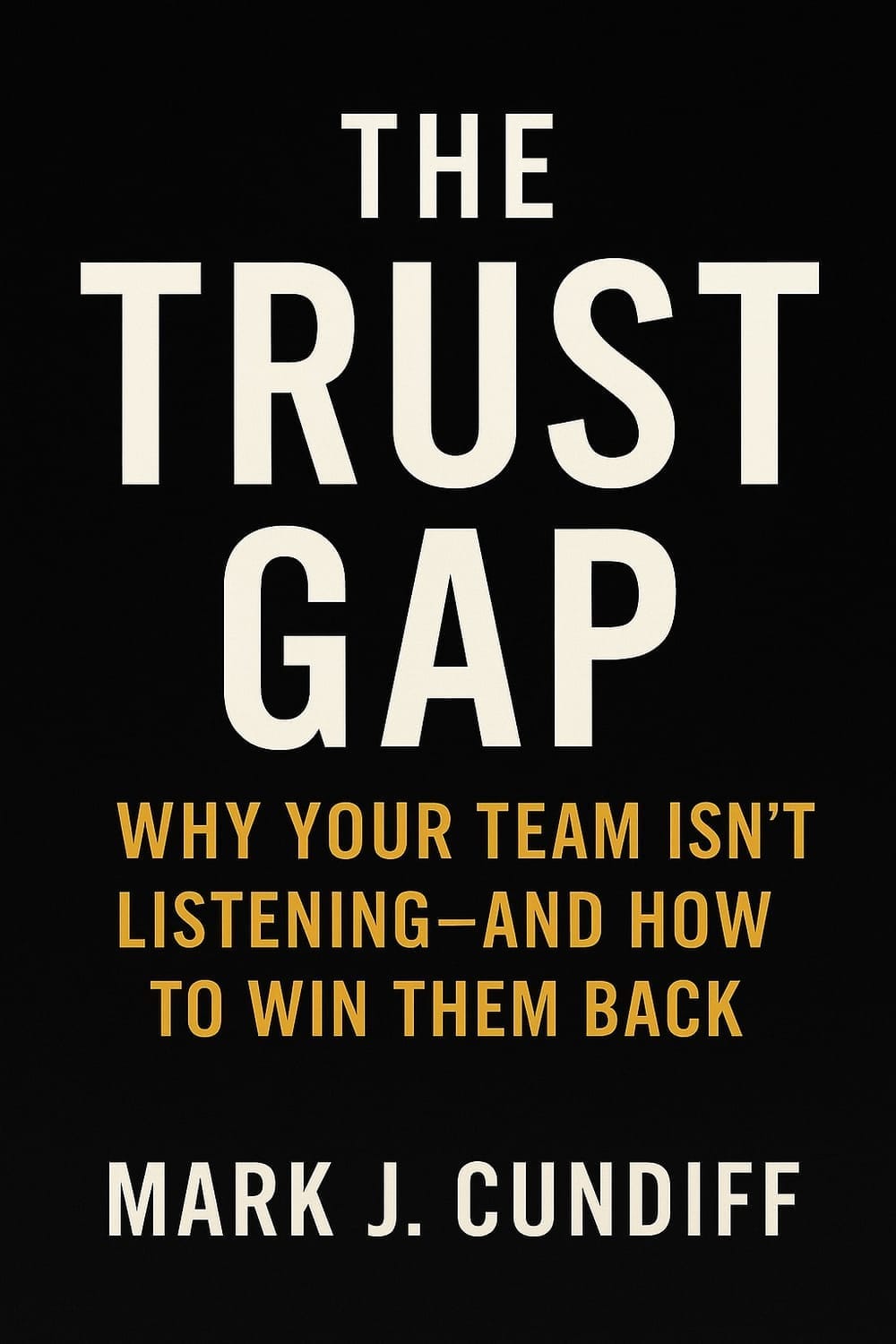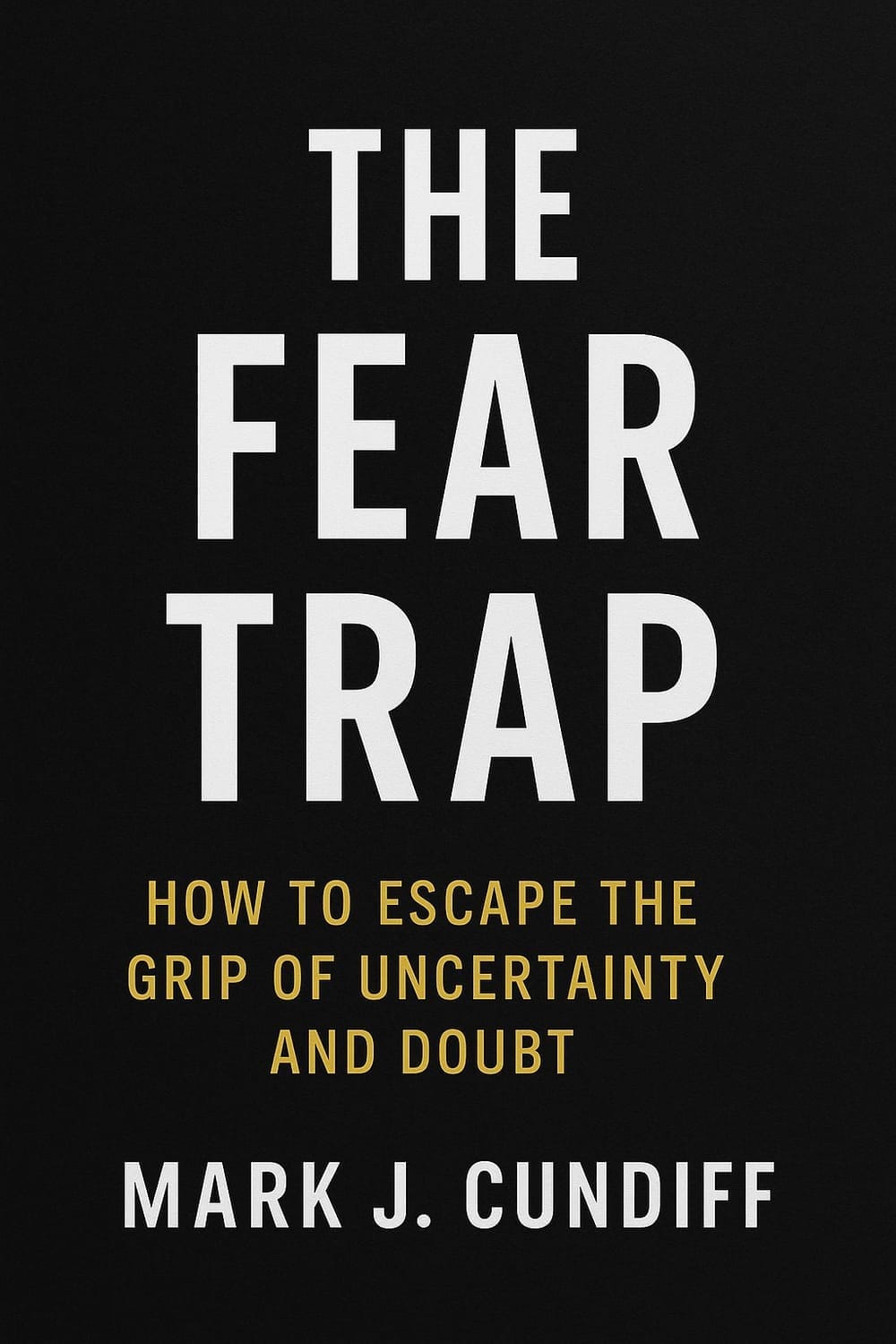Do You Need to have a Necessary Ending?
Necessary Endings: The Leadership Courage to Let Go and Move Forward
The room fell quiet when Jessica, a startup founder I had admired for years, shut down her laptop. "That's it," she announced to her executive team. "We're shutting down the East Coast division."
Her voice was steady, but I could see the weight of the decision in her eyes. Six months prior, that division had been her pet project.
She pushed for the expansion despite advisors warning against it. Now, she was calling for its end.
"Won't we lose credibility?" one executive asked. "What about all we've invested?"
Jessica took a deep breath. "The data is clear. We're not just losing money—we're losing focus on what actually works. Sometimes, the bravest thing a leader can do is admit when it's time for a necessary ending."
That moment sticks with me. It illustrates what many leaders face: the difficult decision to let go of what once seemed beneficial but now hinders genuine growth.
When Holding On Costs More Than Letting Go
I've been thinking a lot about what Dave Ramsey often says: "Sometimes you have to let go of what's good to make room for what's best."
This sums up Dr. Henry Cloud's work on necessary endings. It could be the most important book you read this year, especially if you're facing tough decisions as a leader.
The Wisdom of the Gardener: Your Leadership Pruning Moment
Dr. Cloud, author of the bestseller Integrity, uses the metaphor of pruning roses to illustrate the necessary endings. Gardening experts prune roses in three different contexts:
When growth is too much, the rosebush blooms a lot. But the gardener has to choose. They must let go of the good to keep the best, focusing only on what deserves the vine's resources.
When branches are sick, some parts won't get well, no matter how much nurturing they receive.
When branches are dead, they occupy space and resources that could be allocated elsewhere.
This wisdom applies directly to our organizations, relationships, and personal lives.
Applying the Pruning Process to Your Leadership
1. Recognize When You Have Too Much
Are you spreading your resources too thin?
One of Cloud's colleagues purchased a $25 million company that he eventually grew into a $1 billion enterprise. How? He made the bold decision to prune 80% of the company, despite its profitability.
He faced considerable opposition and criticism. Still, he saw that 20% of the company's operations held its future. The rest was draining resources and focus away from what truly mattered.
Ask yourself: What "good" things am I holding onto that are preventing me from achieving the "best"?
2. Acknowledge What Won't Get Well
"We value integrity, we follow clarity."
Why do we follow clarity over integrity?
Because clarity is magnetic, as leaders seeking growth, we must see when something or someone we’re attached to won’t change. This could be a person, a business unit, a product, or a market.
I was reminded of this when Cloud shared the story about his 12-year-old daughter asking, "What's a phone book?" Meanwhile, he had just met someone still heavily invested in the phone book business.
Sometimes we hang onto things whose season has clearly passed.
Remember GM? It took a bankruptcy judge to force them to shut down Pontiac, which hadn't been profitable for years. Emotional attachment causes us to cling to things that no longer serve our greater purpose.
3. Bury What's Dead
Cloud compares some leaders to hoarders—keeping elements of their business they haven't used in years "just in case." This often stems from a deep-seated fear that they need to be the source for everything.
As leaders committed to growth, we must have the courage to hold a funeral for what's dead and move boldly into the future with our teams.
The Power of Focused Attention
Once you've made those necessary endings, the next boundary to establish is focused attention. Science confirms that your brain can only focus on one thing at a time. Great leaders lead in ways their people can actually follow!
Your brain needs to:
Attend to relevant stimuli.
Inhibit everything else
Create working memory
Remember when Steve Jobs returned to Apple and reduced their 30 computer models to just 4? That's clarity in action.
If everything is important, nothing is important.
The Relationship Factor
Your team's brains run on three things:
Oxygen
Glucose
Relationships
You absolutely need relationships for your brain to work properly. During challenging times, two questions become vital:
"What's it like for you?"
"What's it like for your clients?"
The power of the buddy system can't be overstated. Research shows that having someone with you during tough times can cut stress levels in half.
As you handle necessary endings in your organization, set up ways for team members to support one another during transitions.
Your Turn: Questions for Reflection
As you consider what might need pruning in your leadership:
Where are you being a "hoarder" in your business or personal life?
What products, meetings, or relationships need a necessary ending?
What "good" are you settling for that's preventing you from achieving the "best"?
Remember that opportunities become threats when proper boundaries aren't set. Your courage to end what needs ending might be the very thing that propels your leadership—and your organization—to new heights.
The question isn't whether you'll face pruning moments. The question is whether you'll have the courage to act when they arrive.
Join over 3,900 Fellow Leaders reading The Learning To Lead Newsletter each week!
Recent Articles

Join over 4,000 Fellow Leaders reading The Learning To Lead Newsletter each week!
©2025 Learning To Lead | Helping Good Leaders Become Great Leaders


